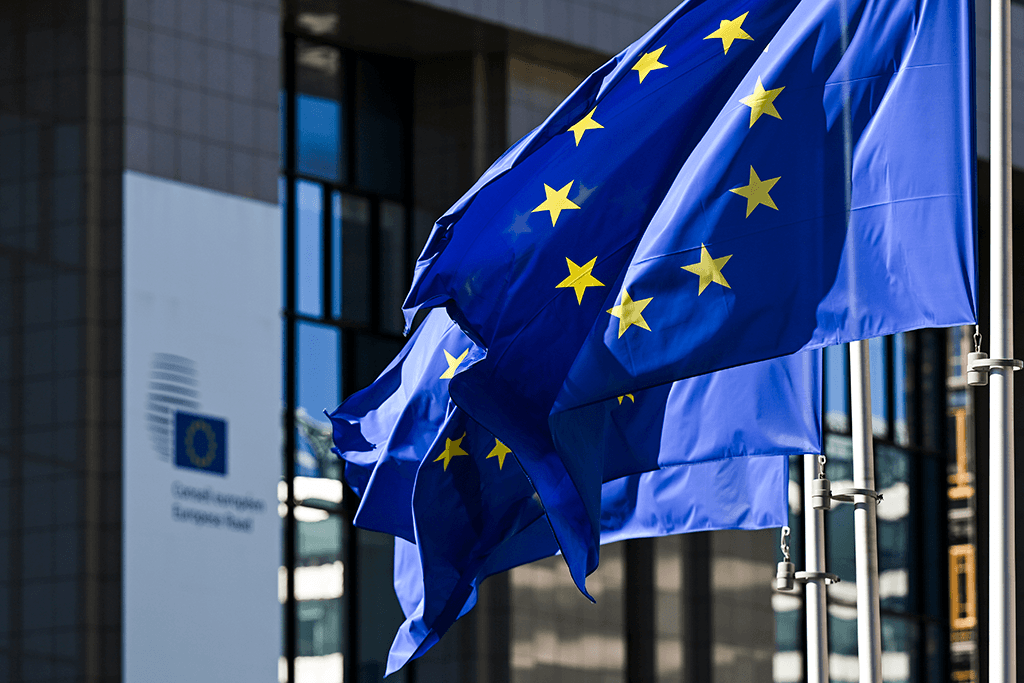EU Parliament Moves to Delay and Reassess Supply Chain Deforestation Law

• Parliament backs a one-year delay to the EU’s deforestation-free supply chain law, pushing obligations for large companies to 2026.
• Lawmakers ask the Commission to conduct an early 2026 review that could trigger further simplification before the law applies.
• Companies warn that new uncertainty could penalise firms that already invested in traceability and due diligence systems.
The European Parliament has voted to delay and reopen the design of the EU Deforestation Regulation, expanding pressure on the Commission to slow implementation and rework core compliance obligations. Lawmakers voted 402 to 250 to support a one-year postponement and a formal review of the regulation early next year, creating the strongest indication yet that the bloc’s flagship forest protection law will not take effect on its current timetable.
The Parliament’s position mirrors the stance adopted by the Council, giving both institutions a common baseline as negotiations begin. With political alignment now clear across the two lawmaking bodies, the path to a postponed and simplified law appears highly likely. The regulation was originally set to apply at the end of 2024 but was pushed to 2025 at the Commission’s request. Under the new plan, large and medium companies would now face obligations from the end of 2026, with micro and small operators given until mid-2027.
The law was first proposed in 2021 to ensure that products placed on the EU market or exported from it do not drive global forest loss. It sets strict requirements for commodities such as palm oil, coffee, cocoa, soy, beef, timber, and rubber, along with products derived from them. Companies must trace goods back to the specific plot of land where they were produced and demonstrate that no deforestation occurred after 2020. The rules also require proof of compliance with relevant local laws in the producing country.
In recent months, the Commission weighed the possibility of an additional delay, citing limited readiness of the EU’s new information system, which will handle due diligence data submissions from operators across global supply chains. In October, the Commission opted to keep the 2025 application date but introduced six months of enforcement flexibility and more time for small businesses. It also proposed targeted simplifications to shift reporting obligations to the operators that first place products on the EU market, removing the need for downstream actors to file repeated due diligence statements.
These simplification measures reduce the compliance burden for retailers and manufacturers, who would only need to pass along the reference number of the initial due diligence statement. Micro and small primary operators would file only a single simplified declaration, replacing the previous expectation of ongoing submissions. The intention was to preserve environmental integrity while lowering administrative costs.
RELATED ARTICLE: EU Commits $16.9B for Africa’s Clean Energy Transition
The Parliament and Council have now moved further. Both institutions support a clear delay for all operators, replacing the phased “grace period” approach. In addition, they ask the Commission to conduct a new review by April 2026, well before the revised application dates. This process would evaluate the administrative load on companies, especially smaller operators, and could lead to additional legislative amendments.
The vote exposed deep political fractures. Centre-left groups criticised the outcome, noting that the centrist EPP forged an alliance with far-right parties to push through changes to one of the EU’s highest-profile sustainability laws. Similar alliances have recently weakened other sustainability frameworks, including reporting and due diligence requirements.
Delara Burkhardt, lead negotiator for the S&D Group, warned that the review would generate unnecessary uncertainty for companies. She argued that reopening the law before it applies to a single firm risks undermining confidence in EU rulemaking. Burkhardt added that many companies have already advanced their traceability systems to meet the new law and could now find themselves disadvantaged.
Several major companies in the targeted commodity sectors have voiced similar concerns. They argue that new delays and another redesign would penalise first movers and complicate planning for firms that already invested in compliance technology. Business groups also caution that repeated changes could weaken the EU’s credibility on forest protection at a moment when global expectations on supply chain governance are rising.
The Council will begin negotiations with Parliament in the coming weeks, aiming to finalise the revision before the current regulation becomes applicable in late 2025. How far the simplification process ultimately goes will shape the level of ambition in one of the EU’s most important supply-chain sustainability laws and influence global market expectations for deforestation-free trade.
Follow ESG News on LinkedIn












